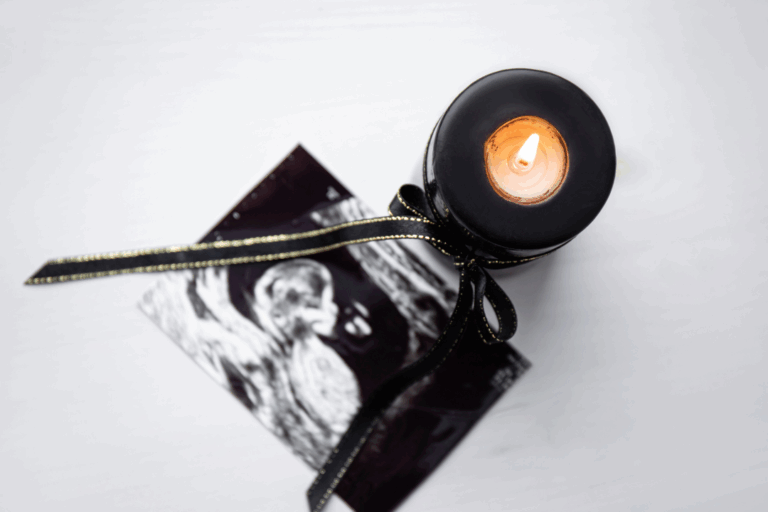Coughs and colds are common childhood illnesses but there are few things as stressful as having a sick child. A baby who is battling a cough or cold can’t tell you how they’re feeling. Often, the first sign of an impending illness is when your baby refuses to open their mouth at mealtimes and is grumpy. You may, understandably, become frustrated at your little one’s antics but a day or two later when the snotty nose, fever or rash appears you’ll find yourself filled with guilt over your initial response.
How to cope with common childhood illness:
- Slow down and cancel any appointments. Your baby will need some TLC and will prefer your comfort to anyone else. This may be hard for working moms but try to ensure your baby can stay at home with you or a loving caregiver.
- Sleep. Let your baby sleep a lot when they are sick. Don’t worry about routines and bedtimes, rather encourage them to sleep even if they are sleeping for long period in the afternoon – remember sleep is healing!
- Use Paracaetamol to soothe your baby’s fever or pain – the important thing is to keep your little one comfortable.
Caring for a blocked nose:
From birth, babies only breathe through their nose (we call them obligate nose breathers). Therefore, it is obviously important that your baby’s nasal passage is clear so that they can breathe whilst feeding. Even a healthy baby will get a blocked nose in the first few months of life. Living in air-conditioned homes or polluted city environments or high grass pollen areas all play a role in producing nasal mucus. This mucus sits in your new baby’s tiny nasal passages. Being such a small space, a small bit of mucous will cause what sounds like a big blockage.
Effects on feeding:
If your baby’s nose if very congested you may find that they battle to breath while feeding.
What to do:
You will probably be more worried by the sound of the blocked nose than your baby is. The best thing you can do is to flush the nose with sterile salt water, saline, to soften the mucous and help the nose to clear. Remember that the saline has no magical medicinal properties but it works by flushing the mucous through the nose and then into the throat where it is swallowed. One drop in each nostril will not do the trick. You need to use enough of the solution to be sure that the nose is properly clear.
When to call the doctor:
It is not necessary to call the doctor for simple nasal congestion without a fever.
Caring for the Common Cold:
The most common nose infection is the common cold. This is caused by the Rhino virus and it leads to a watery, runny nose for about 3 days that then becomes blocked with yellow mucous. At this stage there is often a low grade fever. The fever and blocked nose last about 3 days and then your baby may well start to cough. The cough is phlegmy and worse at night and lasts about 5 days. The whole illness lasts between 7-10 days.
Effect on feeding:
Children usually don’t feed or drink well during the common cold so it is important to pay attention to keeping the nose clear so that your baby can suck and drink. Offer smaller amounts of liquids frequently to ensure adequate hydration.
What to do:
There is no specific therapy but keeping the nose clear by flushing it with saline and then putting decongestant nose drops appropriate for your baby’s age into the nose will help to alleviate the symptoms. Antibiotics are not needed to treat the common cold because the cold is caused by a virus. Antibiotics only treat bacterial infections.
When to call the doctor:
The following symptoms may indicate that the common cold is something else:
- A fever of 38,5°C / 101,3°F
- Poor feeding when the nose is clear
- Vomiting or diarrhea
- Difficulty breathing and rapid breathing
- Noisy breathing: grunting, whistling or wheezing
- Overly sleepy or listless
For more about guidance about caring for your baby in the first year, download Parent Sense – the all-in-one baby app that takes the guesswork out of parenting.




